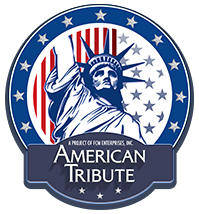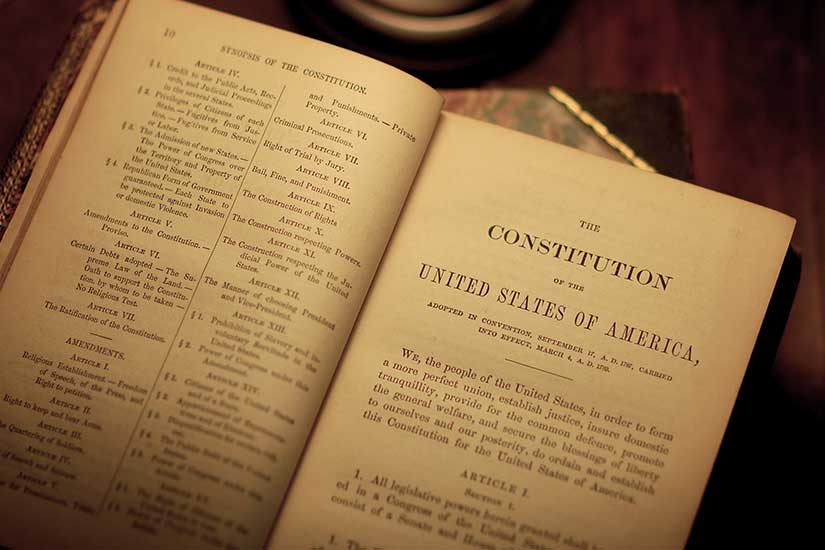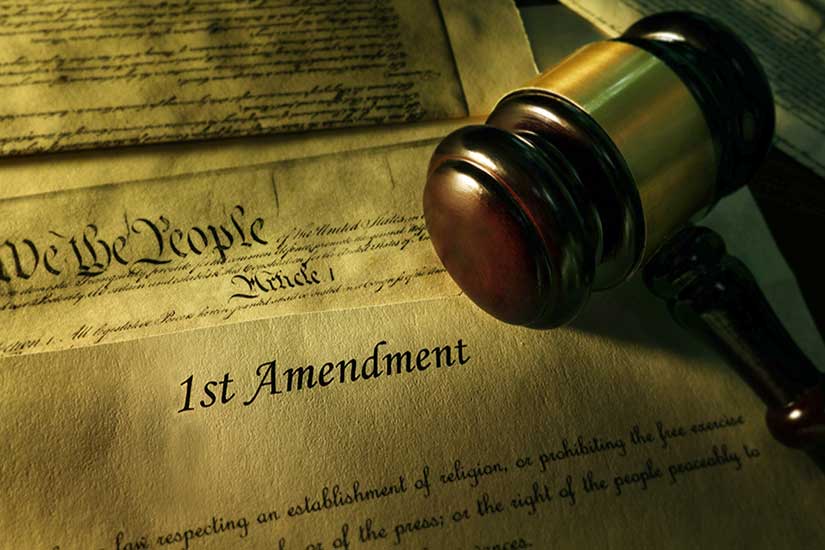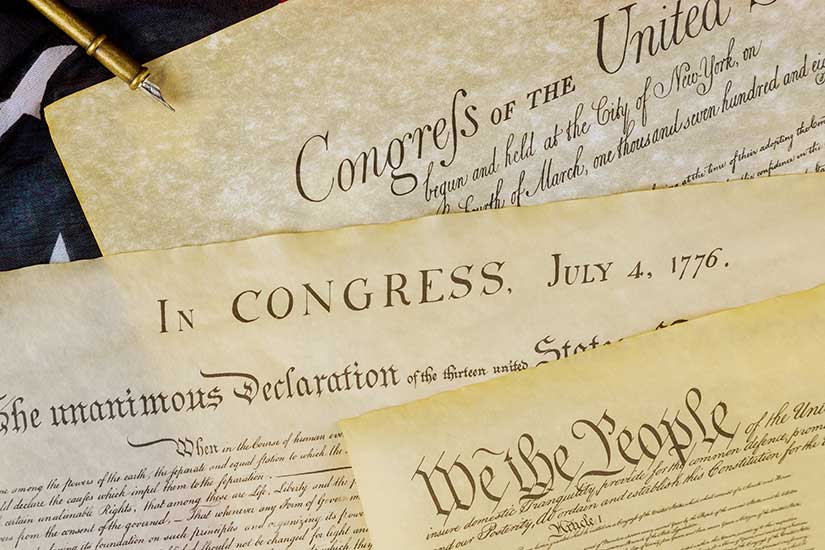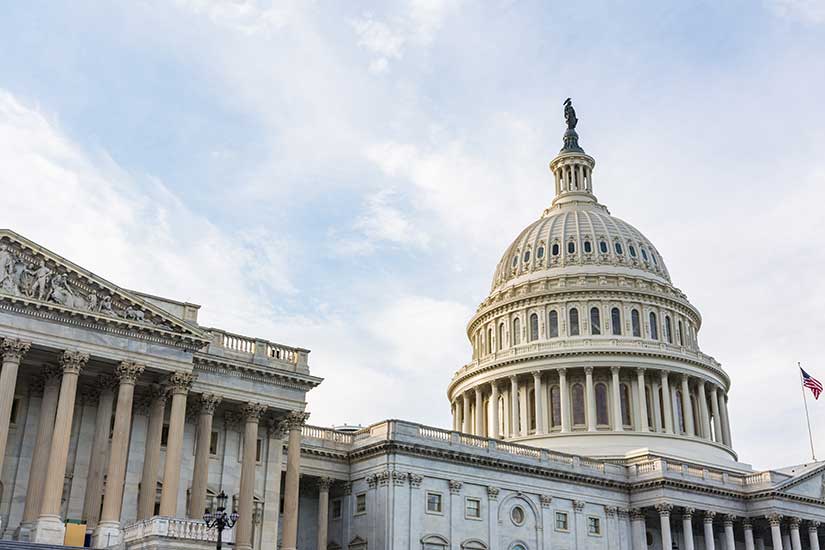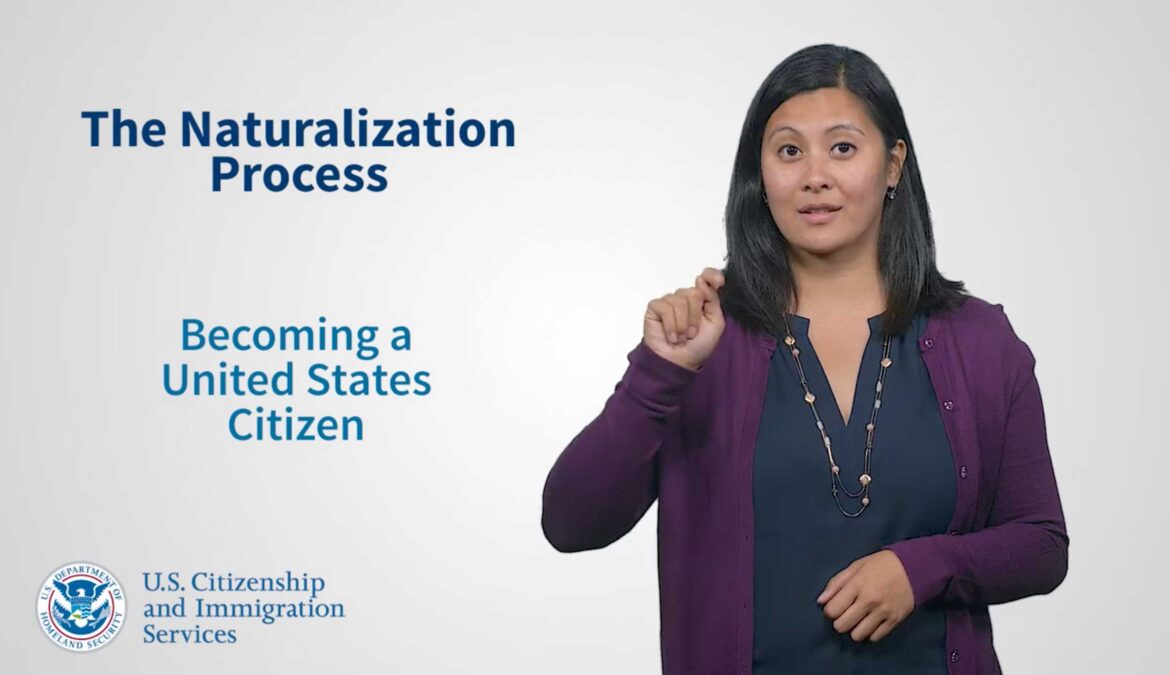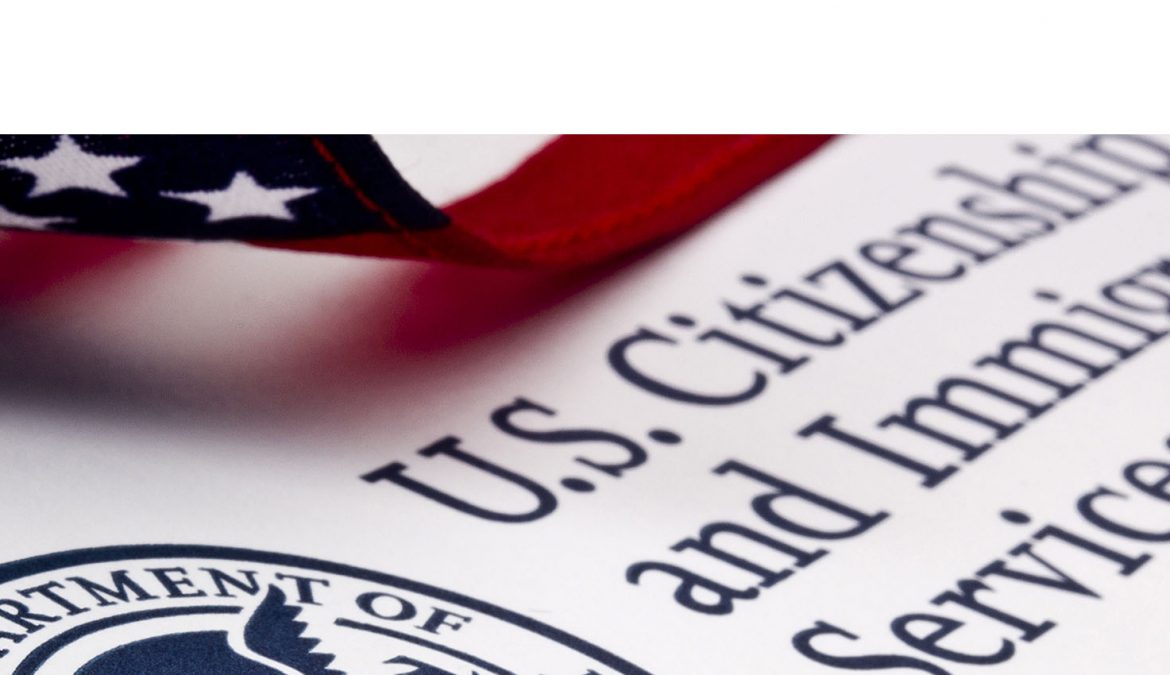• Twenty-seven (27)
Category: USCIS
6. What does the Bill of Rights protect?
• (The basic) rights of Americans
• (The basic) rights of people living in the United States
5. How are changes made to the U.S. Constitution?
• Amendments
• The amendment process
– Important Updates to the Naturalization Test –
USCIS has revised the civics portion of the naturalization test. All applicants for naturalization with a filing date on or after December 1, 2020, will be required to take the 2020 version of the civics test.
The naturalization test has two components:
• English
• Civics
The English portion has not changed.
– – – – – – – – – – – – –
Listed here you will find the 128 civics questions and answers for the 2020 version of the civics test. These questions cover important topics about American government and history. The civics test is an oral test and the USCIS officer will ask you to answer 20 out of the 128 civics test questions. You must answer at least 12 questions (or 60%) correctly to pass the 2020 version of the civics test.
On the civics test, some answers may change because of elections or appointments. We will update to find any answers that may have changed on the civics test. You must answer the question with the name of the official serving at the time of your naturalization interview.
Although USCIS is aware that there may be additional correct answers to the civics questions, applicants are encouraged to respond to the questions using the answers provided below.
65/20 Special Consideration
If you are 65 years old or older and have been living in the United States as a lawful permanent resident of the United States for 20 or more years, you may study just the 20 questions that have been marked with an asterisk (*) found at the end of each question. You may also take the naturalization test in the language of your choice. The USCIS officer will ask you to answer 10 out of the 20 civics test questions with an asterisk. You must answer at least 6 out of 10 questions (or 60%) correctly to pass the 2020 version of the civics test.
4. The U.S. Constitution starts with the words “We the People.” What does “We the People” mean?
3. Name one thing the U.S. Constitution does.
• Forms the government
• Defines powers of government
• Defines the parts of government • Protects the rights of the people
2. What is the supreme law of the land?*
- (U.S.) Constitution
1. What is the form of government of the United States?
• Republic
• Constitution-based federal republic
• Representative democracy
– Important Updates to the Naturalization Test –
USCIS has revised the civics portion of the naturalization test. All applicants for naturalization with a filing date on or after December 1, 2020, will be required to take the 2020 version of the civics test.
The naturalization test has two components: • English
• Civics
The English portion has not changed.
– – – – – – – – – – – – –
Listed here you will find the 128 civics questions and answers for the 2020 version of the civics test. These questions cover important topics about American government and history. The civics test is an oral test and the USCIS officer will ask you to answer 20 out of the 128 civics test questions. You must answer at least 12 questions (or 60%) correctly to pass the 2020 version of the civics test.
On the civics test, some answers may change because of elections or appointments. We will update to find any answers that may have changed on the civics test. You must answer the question with the name of the official serving at the time of your naturalization interview.
Although USCIS is aware that there may be additional correct answers to the civics questions, applicants are encouraged to respond to the questions using the answers provided below.
65/20 Special Consideration
If you are 65 years old or older and have been living in the United States as a lawful permanent resident of the United States for 20 or more years, you may study just the 20 questions that have been marked with an asterisk (*) found at the end of each question. You may also take the naturalization test in the language of your choice. The USCIS officer will ask you to answer 10 out of the 20 civics test questions with an asterisk. You must answer at least 6 out of 10 questions (or 60%) correctly to pass the 2020 version of the civics test.
100. Name two national U.S. holidays.
- New Year’s Day
- Martin Luther King, Jr. Day
- Presidents’ Day
- Memorial Day
- Independence Day
- Labor Day
- Columbus Day
- Veterans Day
- Thanksgiving
- Christmas
Many Americans celebrate national or federal holidays. These holidays often honor people or events in our American heritage.
These holidays are “national” in a legal sense only for federal institutions and in the District of Columbia. Typically, federal offices are closed on these holidays. Each state can decide whether or not to celebrate the holiday. Businesses, schools, and commercial establishments may choose whether or not to close on these days.
Since 1971, federal holidays are observed on Mondays except for New Year’s Day, Independence Day, Veterans Day, Thanksgiving, and Christmas.
* Important Updates to the Naturalization Test
USCIS has revised the civics portion of the naturalization test. All applicants for naturalization with a filing date on or after December 1, 2020, will be required to take the 2020 version of the civics test.
The naturalization test has two components:
• English • Civics
The English portion has not changed.
The Naturalization Process: Becoming a United States Citizen (ASL)
This video from USCIS provides a description of the naturalization process, in American Sign Language. Included is a description of the general eligibility requirements, filing an application, the interview and the oath ceremony.
Source: https://www.youtube.com/watch?v=wG0HTjg_2TE
DHS Proposes to Limit Work Permits for Aliens with Final Orders of Removal
Rule will encourage these aliens to depart the country
WASHINGTON—The Department of Homeland Security (DHS) today announced a proposed rule that would limit discretionary work authorization for aliens who have final orders of removal and who have been temporarily released from DHS custody on an order of supervision (OSUP). The rule would align the issuance of discretionary employment authorization with the administration’s priorities to protect U.S. workers and strengthen immigration enforcement.
Orders of supervision allow DHS to place conditions on and monitor aliens with final orders of removal who have been temporarily released from DHS custody until DHS has the travel documents necessary to remove the alien from the United States. The OSUP contains several conditions for release, including a requirement that aliens cooperate with efforts to procure the travel documents for removal, check in with DHS on designated dates, and present themselves for removal once it is arranged.
“Authorizing employment benefits to aliens who have already had due process and have been ordered removed by the U.S. government undermines the rule of law and weakens DHS enforcement and removal operations,” said USCIS Deputy Director for Policy Joseph Edlow. “This effort would also remove the economic incentive for these aliens to not cooperate in the effort to obtain travel documents to return to their home countries.”
Under current regulations, an alien who has a final order of removal and who is temporarily released from DHS custody on an OSUP is generally eligible for an employment authorization document (EAD). This creates a disincentive for the alien to depart or cooperate with their home country to obtain travel documents to depart the United States. These aliens have used substantial government resources throughout the removal process and have ultimately been ordered removed from the United States by an immigration judge.
Under the proposed rule, only a small subset of these aliens who can demonstrate that DHS has determined that their removal from the United States is impracticable would remain eligible for discretionary employment authorization. DHS will require such aliens to establish economic necessity to work, consistent with other discretionary EAD categories, and USCIS will assess whether they warrant a favorable exercise of discretion for a grant of employment authorization. In addition, aliens who qualify for discretionary employment authorization under the proposed rule and subsequently seek to renew their work authorization would also be required to establish that their employer participates in E-Verify and is in good standing in the program.
The proposed rule also would limit the validity period of the employment authorization for aliens released on an OSUP to one year, regardless of whether it is an initial or a renewal employment authorization. When a final rule is published, the changes made by the rule will apply to initial and renewal applications filed on or after the final rule’s effective date. Aliens who are employment-authorized prior to the final rule’s effective date will remain employment authorized until the expiration date on their EAD, unless the EAD is terminated or revoked. The final rule also would not affect applications to replace EADs granted before the final rule’s effective date.
For more information on USCIS and its programs, please visit uscis.gov or follow them on Twitter (@uscis), Instagram (/uscis), YouTube (/uscis), Facebook (/uscis) and LinkedIn (/uscis).
